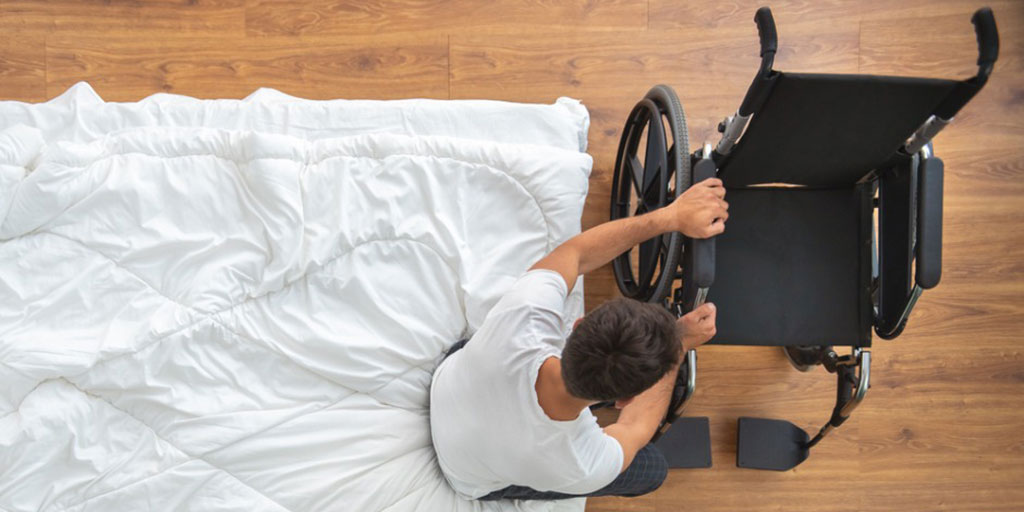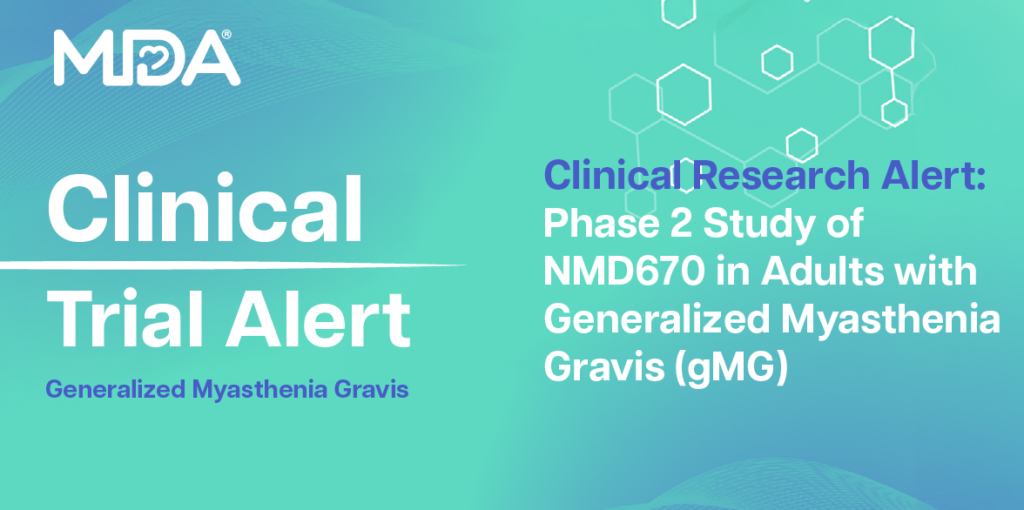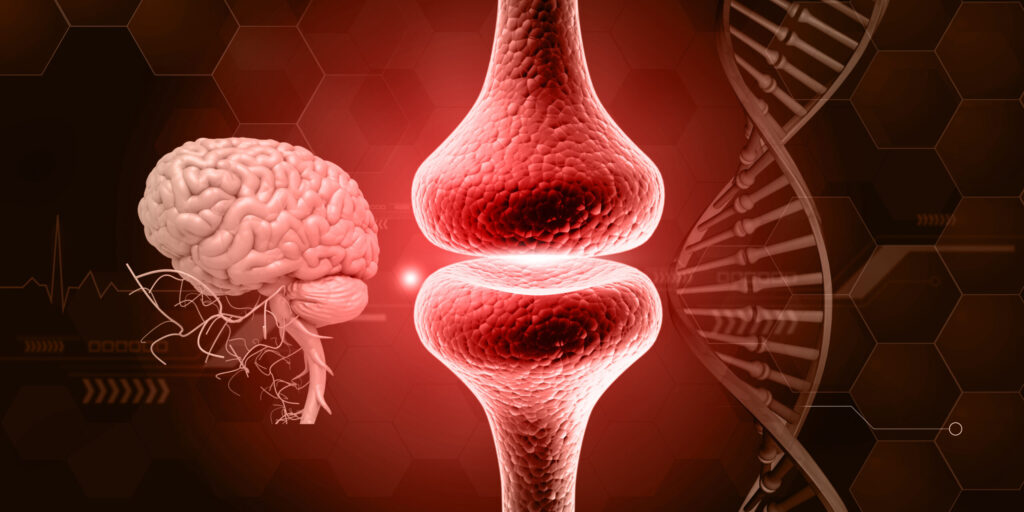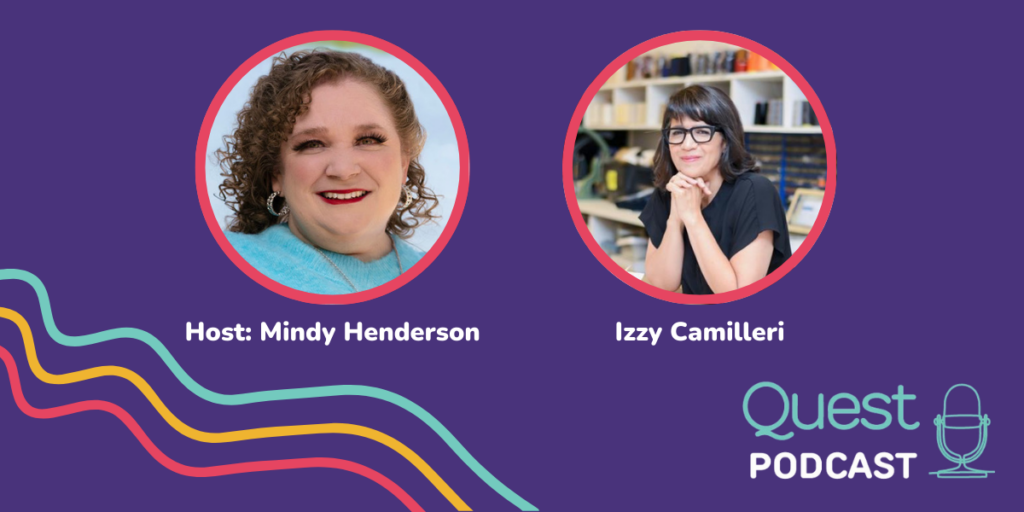
Dreaming of a good night’s sleep?
By Claire Sykes | Thursday, August 5, 2021
More than one-third of adults in the United States fail to get the seven to nine hours of sleep they need, reports the National Sleep Foundation. Children and teens require even more sleep, which too many also miss out on.
Getting quality sleep can be challenging for people with neuromuscular disorders. However, with the right tools and habits, you can turn a fitful night into a more peaceful one.
Poor sleep, poor results
“Sleep is as important as breathing clean air or getting enough high-quality nutrition,” says Craig Canapari, MD, a pediatric pulmonologist at Yale School of Medicine in New Haven, Connecticut.
Scant shuteye can cause a host of conditions, which can get worse the longer it continues:
- Irritability
- Difficulty concentrating
- Low energy
- Daytime drowsiness
- Restlessness
- Poor motivation
- Learning difficulties
- Anxiety
- Depression
- Suicidal thoughts
Insufficient sleep also does a number on you physically. “Sleep is when the body heals. It’s critical for recovery and healthy immune function. If you’re sleep-deprived, it can impede your ability to fight off infection,” Dr. Canapari says.
“With chronic lack of sleep, you risk getting severely sick. It especially affects the respiratory system and heart and lung function,” says Melanie Taylor, MD, a neurologist at Mercy Health in Grand Rapids, Michigan. Inadequate sleep also is linked to cardiovascular disease, stroke, obesity, adult-onset diabetes, and mortality.
Nighttime breathing
Sleep interruptions and insomnia can plague anyone, but particularly if you struggle with respiratory dysfunction, the main culprit for poor sleep in those with neuromuscular disorders.
“Respiratory muscle weakness or decreased lung elasticity means your chest wall can’t expand as fully,” Dr. Taylor says. Shallow breathing causes nighttime oxygen levels to drop and carbon dioxide to rise, possibly leading to obstructive sleep apnea (OSA). “This results in sleep arousals and fragmented sleep,” Dr. Taylor says.
Central sleep apnea is less common in people with neuromuscular disease. This is when breathing repeatedly stops and starts during sleep because the brain doesn’t send the proper signals to the body.
If you’re showing signs of poor sleep or you have respiratory muscle weakness, your doctor might recommend a sleep study. This can be done overnight in your home to measure levels of blood oxygen and exhaled carbon dioxide, or you can spend the night in a specialized sleep laboratory or center, where a polysomnogram will assess brain and muscle activity, eye movement, heart rhythm, and other factors.
What keeps you awake
When respiratory muscle weakness compromises nighttime breathing, the common solution is to use a bilevel positive airway pressure (BiPAP) machine, which pushes pressurized air into the lungs to open them for more oxygen. However, the BiPAP, meant to help with slumber, also can interfere with it. Some people find that the feel of the mask on their face or the noise of the mechanical pump makes it hard to sleep.
Limited mobility also may be a sleep challenge, making it difficult to shift positions to relieve pain or numbness. Several products are available to address repositioning in bed, from slide sheets and draw sheets to turning beds and alternating pressure mattresses.
In addition, having something on your mind can keep you awake. “Neuromuscular diseases can be stressful,” Dr. Canapari says. For example, he points out that children who use a wheelchair generally get up 30 to 50 minutes earlier than their peers to get ready for school. “And we know that 70% of high school students are sleep deprived,” he says. “Many kids with neuromuscular disease experience anxiety or depression. And sometimes they worry at night.”
If you find yourself unable to fall asleep, Dr. Canapari recommends doing something relaxing until you feel tired. But avoid using electronics for entertainment because that could keep you awake. Their blue light suppresses the release of melatonin, the hormone in your body that helps you feel sleepy.
More Zs, please
Prevent and lessen sleep problems by following these ten pointers:
- Stick to a schedule. “Go to bed and get up at the same times every day, even on weekends. It’ll be easier to fall asleep and wake up,” Dr. Taylor says.
- Set your body clock. Get to sleep when it’s dark to help your body release melatonin for sleeping, and wake up when it’s light to help shut it off.
- Prep your bedroom. Keep it a cool 60-70 degrees. Block out any light with a sleep mask or blackout curtains, and reduce noises with earplugs or a fan.
- Master mindfulness. “Practice deep breathing, relaxation techniques, meditating, and being in the moment during the day, to be good at it for bedtime,” Dr. Taylor says.
- Move within your ability. “Regular exercise can help you fall asleep faster and stay asleep longer,” Dr. Taylor says. Any movement you’re able to incorporate into your day could have an impact. Dr. Taylor recommends starting with mild activity and slowly increasing if you can.
- Consider catnaps. “Short, 20-minute naps help alleviate fatigue and provide cognitive benefits,” says Dr. Taylor. “But if you have trouble sleeping at night, avoid them.”
- Consume with care. “Avoid cigarettes, caffeine and heavy meals in the evening,” Dr. Taylor says. “Maybe you fall asleep faster with alcohol, but it can wake you in the night.”
- Reduce screen time. At least 20 minutes before bed, refrain from movies, video games, and other electronic-device activities, Dr. Taylor advises.
- Wind down. Mark the move toward sleep with a calm routine: Read an easy book, light a candle, sip some herbal tea, pet your cat, or listen to soft music.
- Team up. “If you’re struggling with sleep, reach out to your primary care physician or a pulmonologist,” Dr. Canapari says.
Be sure to speak with your MDA Care Center team if you experience sleep difficulties. They may be able to help tailor strategies to your needs.
Disclaimer: No content on this site should ever be used as a substitute for direct medical advice from your doctor or other qualified clinician.




